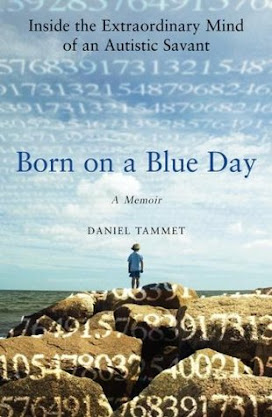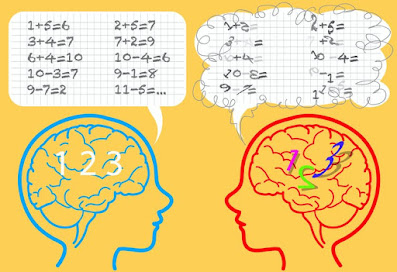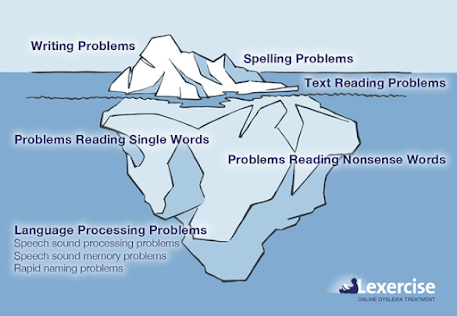Born on a blue day

Hello Everyone! Today I think that I will finally finish the topic related to various types of disorders. Today I will tell you about a fascinating book that I started reading, but I haven't finished it yet, I hope I will do it soon. The book is called "Born on a blue day: inside the extraordinary mind of an autistic savant: a memoir" was written by Daniel Tammet. It is a kind of diary that tells us about the hero's life. First I will explain who a savant is, savant syndrome is a special state of mind that makes people with low IQs have above-average mental abilities. All savants have an excellent memory that allows them to remember a lot of information. The very character of the author of the book is extremely interesting. Daniel Tammet knows 11 different languages, is the European record holder in reciting 22 514 digits of the number pi from memory, it took him over 5 hours to give all the digits. For the purposes of a documentary, he was to learn Icelandic in 7...





